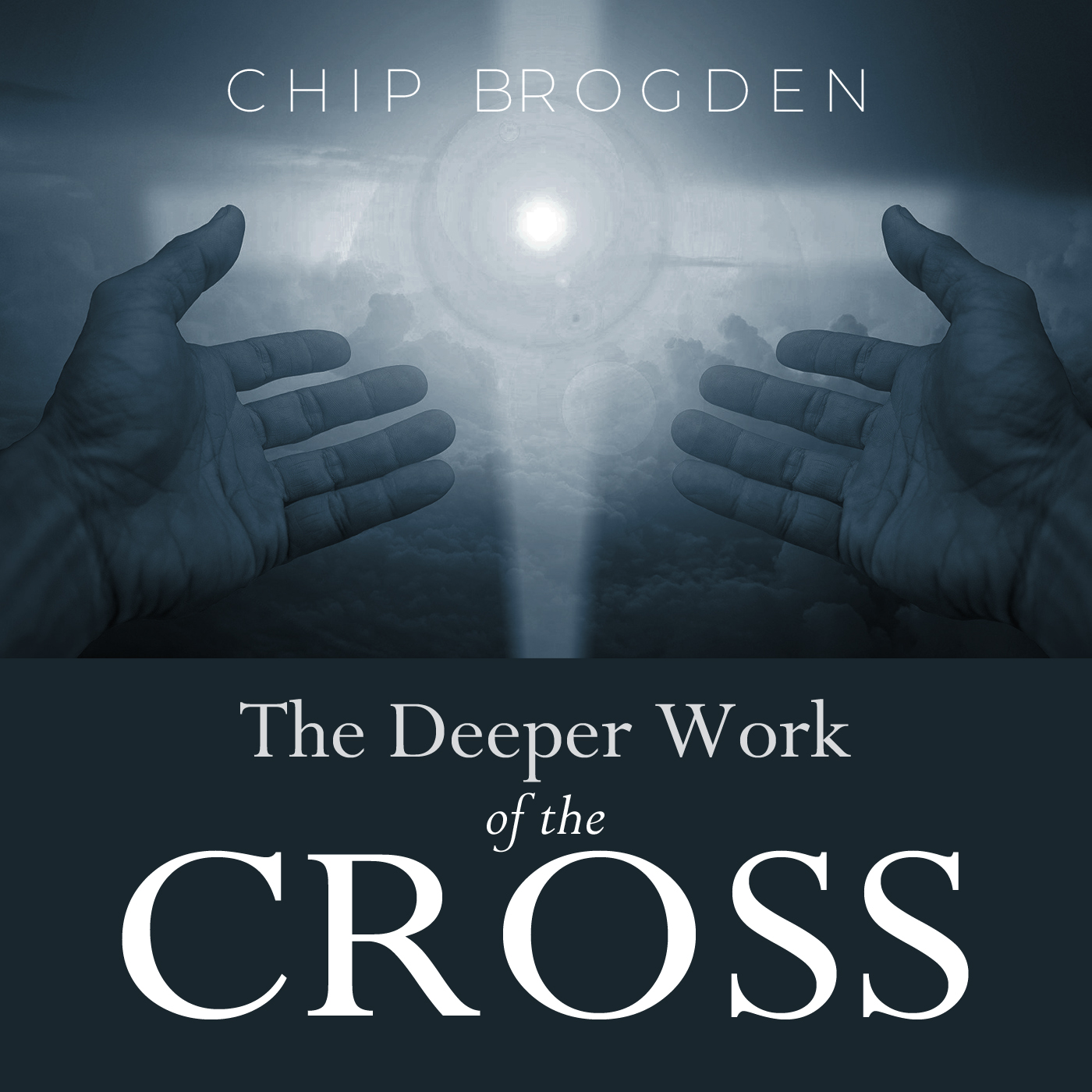There are many Scriptures to support denying Self, taking up the cross, following Jesus, and crucifying the flesh. But what does this mean? The way some teach, interpret, and try to implement “denial of self” becomes a morbid celebration of death instead of a robust celebration of life. This is where many teachers (including myself) have failed to add the Missing Ingredient. Without this Missing Ingredient, people fill in the gaps with what they think “taking up the cross” means, and this usually reflects self-mortification, self-denial, trying to measure up to an impossible ideal, trying to overcome sin, trying to “die to self” and becoming more frustrated. In this series we discuss why this falls short: Because God’s goal is not “death to self,” but “transformation of self” through perfection in love.
01. Not Destruction, But Transformation
The key to victory over sin, self, and satan is not “death to self” (which is impossible) but “transformation of self” which is only possible through perfection in love.
02. Perfection in Love
With Christ dwelling in our hearts by faith, we are rooted and grounded in a love that never fails, and this is the way Self is denied: not by destroying us, but by transforming us into the image of Christ, the Lord of Love.
03. Love Answers All
Love – so simple, but so impossible – is a supernatural transformation based on the indwelling Christ, the Lord of Love. When in doubt, love never fails. Perfect love casts out fear. Mercy (love) triumphs over judgment. The fruit of the Spirit is Love, and all that flows from it reflects it.
04. The Spirituality of Imperfection
The Spirituality of Imperfection is the only option we have for spiritual maturity because none of us are perfect. The Cross teaches us not to avoid weakness, but to accept it, and trust in the Lord to bring strength out of weakness.
05. What Early Christians Believed About the Cross
The focus of the Gospels and the Early Ekklesia was on the literal crucifixion of Christ. To preach “the cross” was to preach “Christ, and Him crucified.” The spiritual significance of the cross took longer for them to understand, but even then, the emphasis was not on “taking up the cross” but on having been already “crucified with Christ” so we could now live by the power that raised Christ (and us) from the dead.







